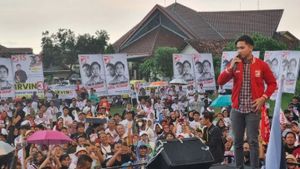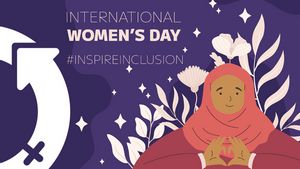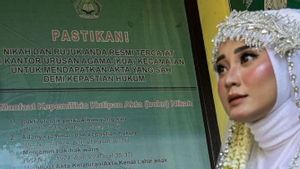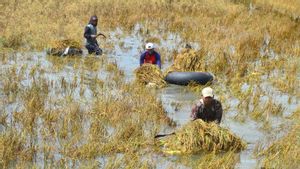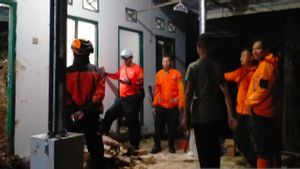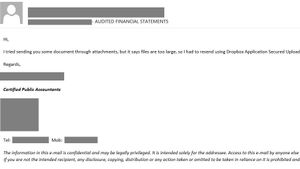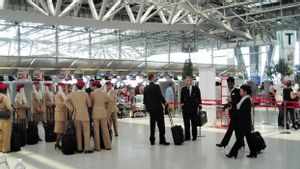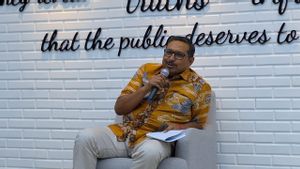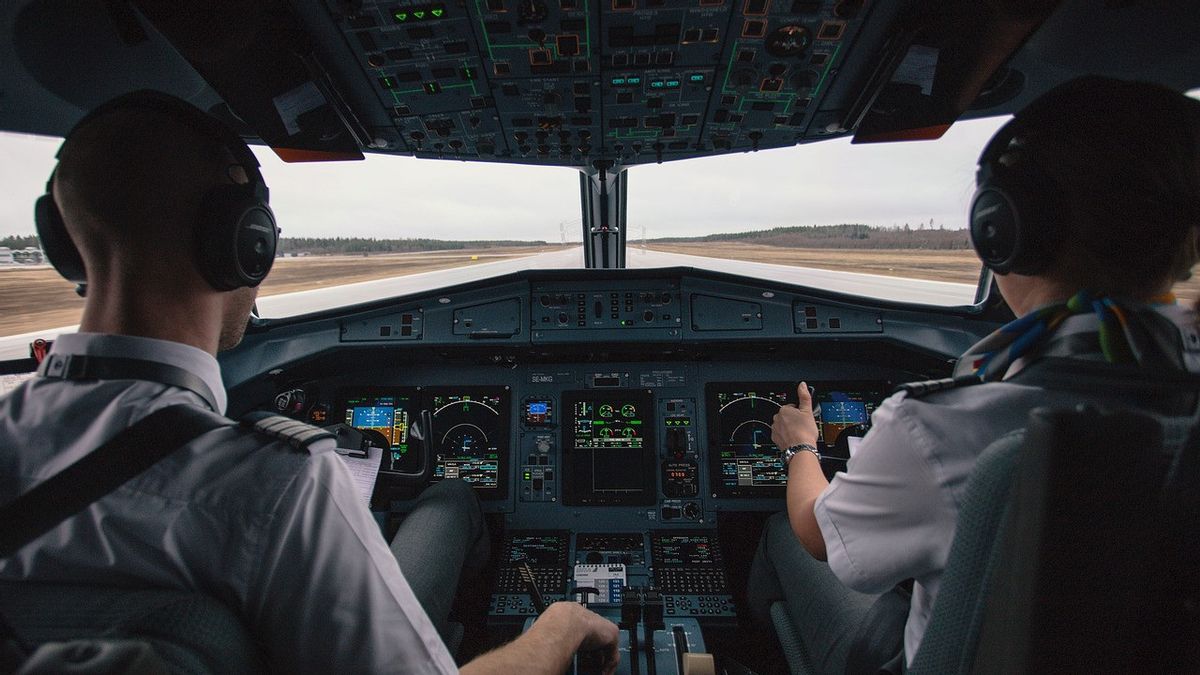
JAKARTA The case of Batik Air pilot who fell asleep while in the air has attracted the attention of many people. However, sanctions on pilots and co-pilots flying planes are considered not a solution. Observers actually urge that the crew rest time be more considered.
Recently, the public in the case of Batik Air's pilot and co-pilot who fell asleep 28 minutes while the plane was flying from Kendari to Jakarta became a concern. This was known to the public after the National Transportation Safety Committee (NTSC) conducted an in-depth investigation into this case.
This incident occurred on January 25, 2024, to be precise on the Airbus A320 Batik aircraft with the PK-LUV registration code, with the Jakarta-Kendari PP flight route. In its report, the KNKT wrote that the plane was operated by two pilots and four flight attendants.
Two pilots on duty have the position of main pilot or pilot in command (PIC) andsecond in command (SIC) or better known as co-pilot. Both act as pilot main pilots or pilot flying (PF) and pilot companion or pilot monitoring (PM).
On the way from Jakarta to Kendari, where the plane took off at 3.14 WIB, SIC rested in the cockpit for 30 minutes. The plane landed in Kendari safely at 07.11 WITA.
At around 08.05 WITA the plane flew back from Kendari to Jakarta. On this trip, the main pilot who had not slept since early morning asked for permission for the rest time agreed by the co-pilot.
The pilot woke up and offered the co-pilot to take turns taking breaks, but was refused and he said to continue his duties. At that time, the co-pilot served as a pilot flying and pilot monitoring at once.
Kopilot asked the Makassar Area Control Center (ACC) to fly to 250 degrees to avoid bad weather. ACC Masakassar instructed the plane to contact ATC Jakarta but he accidentally fell asleep, according to the KNKT report. The pilot and co-pilot's sleep was simultaneously discovered after the ACC officer's message in Jakarta received no answer.
The KNKT report states that the co-pilot lacks sleep because he has just moved home and sometimes has difficulty sleeping well because he has to help his wife look after their child.
"SIC (copilot) feels that his sleep quality has decreased due to several wakes (in the middle of sleep)," wrote the NTSC.
After reading the KNKT Investigation Priority Report, aviation observer Alvin Lie believes the incident was triggered by fatiguemental or mental fatigue. He considered that the pilot's rest time allocation was adequate and met regulatory standards, but according to Alvin, the quality of his rest was not good so it did not produce physical or mental fitness properly.
관련 항목:
'Shift work midnight or early morning has an impact on disrupting the metabolism of the pilot's body. Hopefully this incident is not just the tip of the iceberg," said Alvin, quoted from his X account @alvinlie21.
"To prevent the recurrence of this incident, further studies are needed on the shift pattern and monitoring the quality of flight crew rest (pilot and cabin crew)," he continued.
The pilot incident and or co-pilot fell asleep on the plane when the flight wasn't the only time this had happened.
After the KNKT conducted an investigation, the Director General of Civil Aviation (DJPU) of the Ministry of Transportation (Kemenhub) imposed a grounded or prohibited aircraft to pilots and co-pilots of Batik Air airlines. In addition, the Ministry of Transportation's DJPU also gave a strong warning to Batik Air.
However, Alvin Lie admitted that he did not agree with the imposition of sanctions on pilots and co-pilots. According to him, there are things that are more important than just giving sanctions, namely conducting an investigation so that it is clear what caused it.
Alvin Lie is actually worried that if he only imposes a similar incident sanction, it will repeat itself with different people.
I do not agree with the imposition of sanctions. For me what is more important is the investigation, what is the cause. If we immediately impose sanctions even though the investigation has not been completed," said Alvin.
"If the core problem is not solved, imposing sanctions only gets rid of problems, but the same problem can be repeated with other people's perpetrators," Alvin added.
Another aviation observer, Gerry Soejatman, who assessed that the pilot and co-pilot cases falling asleep on the flight were complex. According to him, this is related to the airline's work patterns, resting patterns, and policies. According to Gerry, imposing sanctions on pilots and co-pilots is not the only absolute solution.
"In this case, I strongly disagree if the solution is 'only as easy' to impose sanctions on airline pilots and management. This is a systemic risk that must be resolved," Gerry said in a tweet on platform X.
Gerry views sanctions as a solution can actually hinder improvement. It's different if the case of falling asleep on the flight is done on purpose, which Gerry says needs to be sanctioned.
"Because they need awareness and awareness where they need pilots whose fatigue is given recognition and protection from sanctions in order to provide full capacity so that systemic solutions can be found," said Gerry.
"However, if the problem of fatigue is caused by intentional or negligence based on irresponsible behavior by the pilot, then it is natural to be given disciplinary sanctions," Gerry explained.
The English, Chinese, Japanese, Arabic, and French versions are automatically generated by the AI. So there may still be inaccuracies in translating, please always see Indonesian as our main language. (system supported by DigitalSiber.id)


